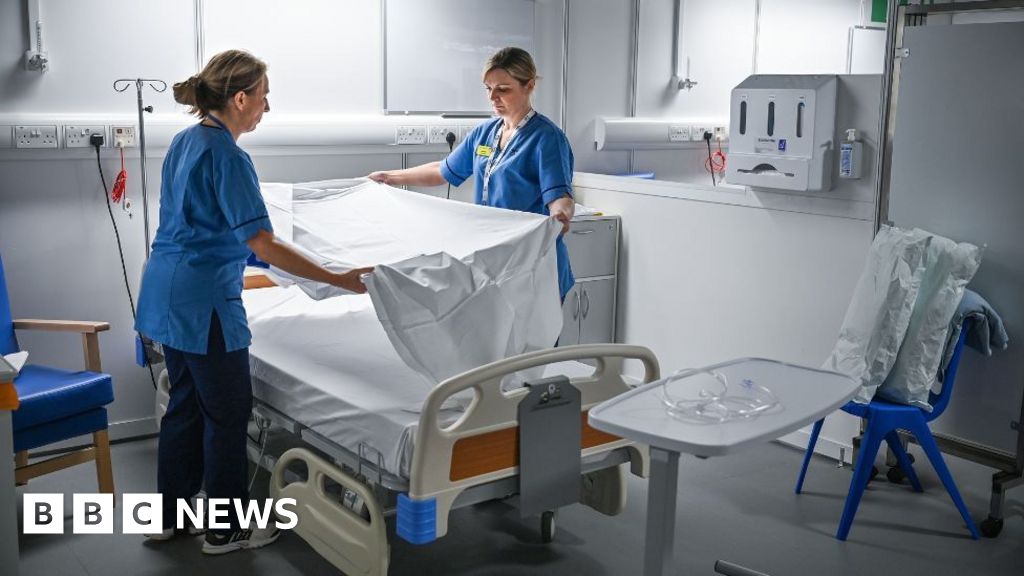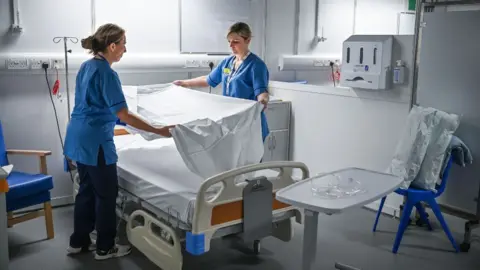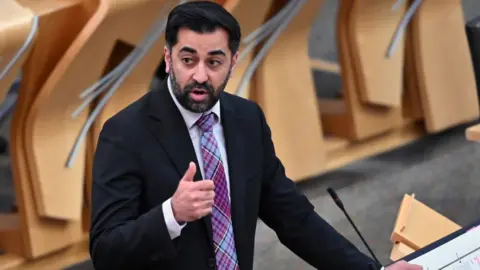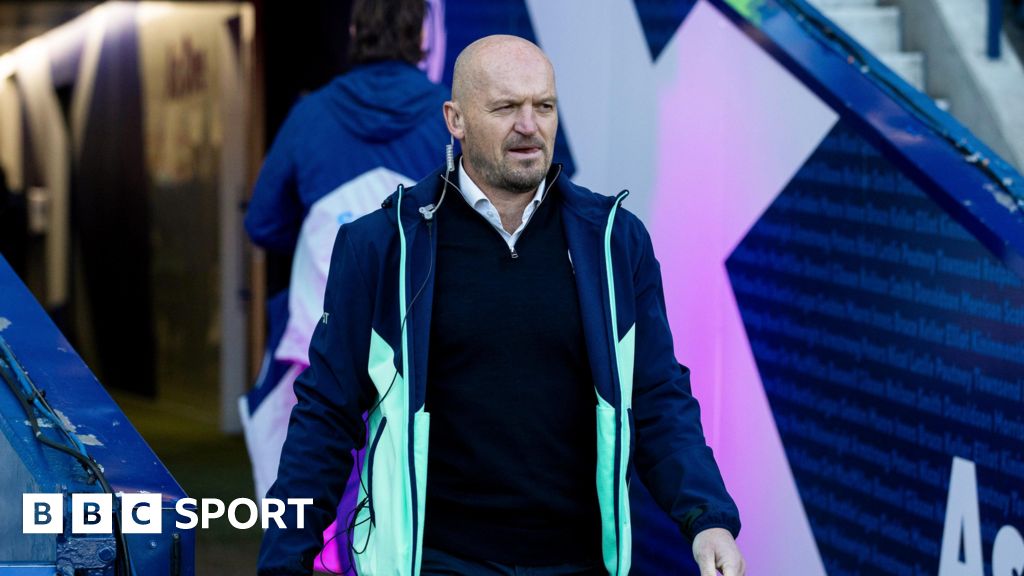Bussiness
NHS Scotland waiting lists hit record high

 Getty Images
Getty ImagesNHS waiting lists in Scotland have reached a record high, the latest figures show.
Public Health Scotland recorded more than 690,000 waits for appointments or treatment for non-urgent care as of 31 March.
It also reported more than 8000 waits over two years and 85,000 waits of over a year for either an outpatient appointment or to start treatment.
The Scottish government said it is spending £30m to tackle waiting lists, but opposition parties have criticised its handling of the health service.
While more patients are being seen, more are continuing to be added to the list.
Of the waits, 534,178 were for outpatient treatment, up by 10% from the same point last year and more than double the size of the list before the pandemic.
There were 156,108 waits for in-patient treatment – a slight decrease from the previous quarter, but up by 5.8% from last year and more than double the average waiting times in 2019.
In July 2022, then health secretary Humza Yousaf laid out plans to “eradicate” long waits for treatment, including ending two-year waits for inpatient treatment by September of that year, 18-month waits by September 2023 and those over a year by September 2024.
 Getty Images
Getty ImagesPublic Health Scotland said the targets “have yet to be achieved”, reporting that more than 7,000 people were still waiting more than two years and the number waiting more than 12 months stood at 37,761.
Of those waiting, 1,369 have been on the list for more than three years.
Targets to eradicate long waits for outpatient appointments have also not been met.
While the number of waits lasting more than two years have fallen by 1,486 to 1,302 since the end of June 2022, the number of waits of more than 18 months have risen by 400 to 9,293, and the number of waits over a year has risen by 11,173 to 46,828.
The Scottish government has vowed to create a network of 10 national treatment centres to tackle long waiting times for non-urgent care by delivering at least 40,000 additional elective surgeries, diagnostics and other procedures per year by 2026.
But a pause on capital spending means that only three centres are up and running so far, with two more scheduled to open this year. There is no timeline in place for the others.
‘Unacceptable’
The Scottish government is spending £30m on national and local plans to reduce backlogs built up during the pandemic.
Scottish Health Secretary Neil Gray said the funding and national treatment services were having a positive impact.
“It isn’t acceptable that we’re seeing people waiting longer than is necessary,” he told BBC Scotland News.
“I want to see those waits coming down, I want to see a more productive and improved health service so that it meets the needs of the people of Scotland.”
A government spokesperson pointed out the level of activity for inpatient and day case patients was at its highest since the start of the Covid-19 pandemic in the latest quarter – the ninth increase in a row.
They said: “The number of new outpatient attendances (completed waits) was also at its highest since the beginning of the pandemic, with 324,553 patients seen.”
Scottish Conservative health spokesman Dr Sandesh Gulhane said the backlog was “out of control”.
“Over 840,000 Scots are still waiting for crucial treatment or diagnostic tests, with many of them being forced to endure unacceptable waits of over a year or more,” he added.
Scottish Labour health spokesperson Jackie Baillie said: “After 14 years of a rotten Tory government and 17 years of the SNP’s incompetence, these scandalous waiting list figures show that Scots are being let down by two bad governments in their greatest hour of need.”
Scottish Liberal Democrat leader Alex Cole-Hamilton told BBC Scotland News there was a “crisis throughout our NHS”.
He said addressing staff shortages in the country’s social care sector would “relieve pressure” on hospitals.











